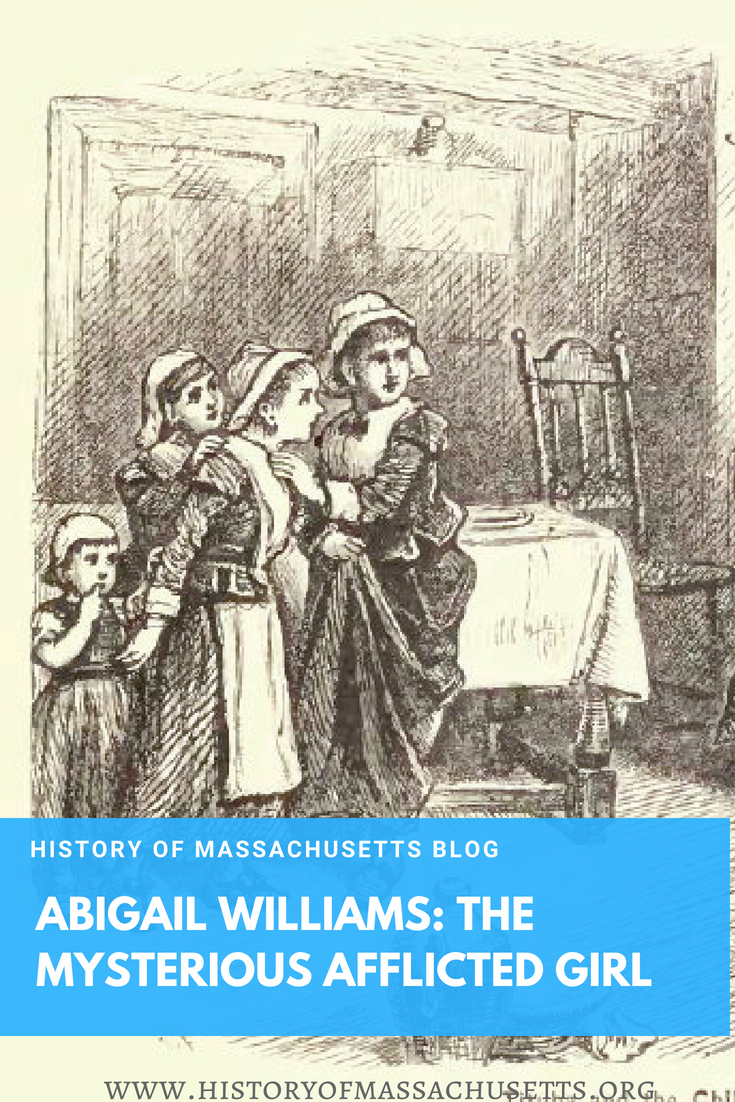

Abigail is independent, believing that nothing is impossible or beyond her grasp. She pursues Proctor and eventually seduces him.Ībigail's willingness to discard Puritan social restrictions sets her apart from the other characters, and also leads to her downfall. According to the Puritanical mindset, Abigail's attraction to Proctor constitutes a sin, but one that she could repent of and refuse to acknowledge. She finds herself attracted to Proctor while working in the Proctor home. The difference is that Abigail does not suppress her desires. Abigail represents the repressed desires - sexual and material - that all of the Puritans possess. This desperate act of self-preservation soon becomes Abigail's avenue of power.Ībigail is the exact opposite of Elizabeth. In order to avoid severe punishment for casting spells and adultery - not to mention attempted murder when she plots Elizabeth's death - Abigail shifts the focus away from herself by accusing others of witchcraft.

Abigail lies to conceal her affair, and to prevent charges of witchcraft. She bears most of the responsibility for the girls meeting with Tituba in the woods, and once Parris discovers them, she attempts to conceal her behavior because it will reveal her affair with Proctor if she confesses to casting a spell on Elizabeth Proctor. Abigail Williams is the vehicle that drives the play.


 0 kommentar(er)
0 kommentar(er)
